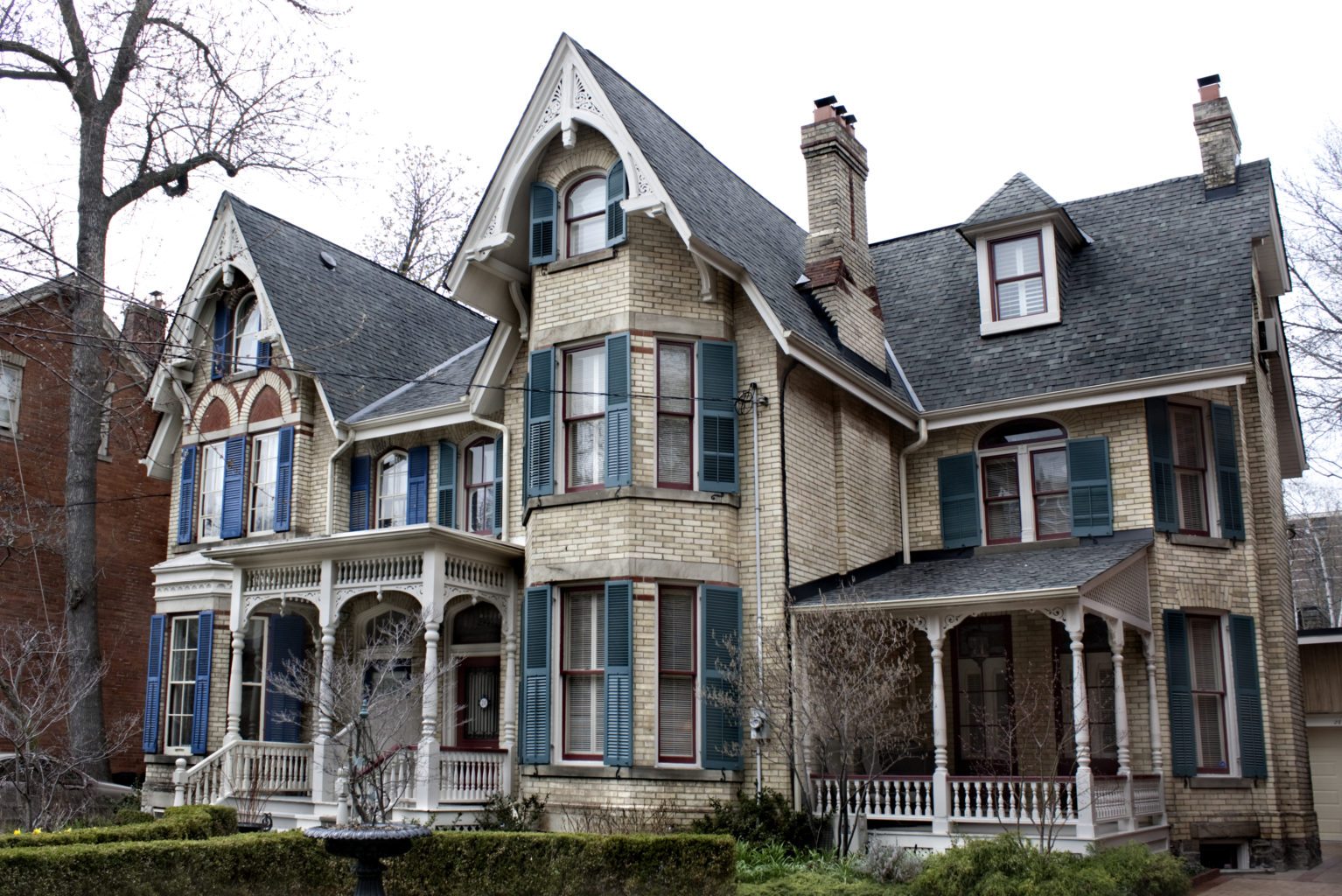A Series of Unfortunate Events: From Page to Program
When Netflix announced their adaptation of A Series of Unfortunate Events would be coming our way, it seemed too good to be true. As someone who had been an obsessed fan of the books growing up, I still remember desperately hoping for a sequel to the 2004 film so that I could see the adventures of the Baudelaires unfold onscreen. Netflix had a lot of expectations to live up to.
Any doubts about the quality of the production were entirely unfounded. Daniel Handler, the author of the books, is heavily involved, writing 5 of the 8 episodes that comprise the first season, and Barry Sonnenfeld (who was supposed to direct the film adaptation) helms many of the episodes as a director. The world that the show creates is entirely in keeping with the wonderfully off-centre Gothic atmosphere Handler creates in the books. The adaptation is an absolute feast for the eyes, with the sets beautifully realised and full of intricate detail.
By including Snicket as a character, the show enables this hugely successful element of what made the books so popular to remain intact
The show also makes the inspired choice to insert Lemony Snicket himself into the narrative as an on-screen observer commenting on events. Part of the joy of reading the series was the use of Snicket’s darkly comic interjections on the narrative, full of literary allusions and a love for word-play. By including Snicket as a character, the show enables this hugely successful element of what made the books so popular to remain intact.
The casting of the adaptation lends it a great deal of its charm. Renowned character actors like Catherine O’Hara and Alfre Woodard do great comedic work with the material. Prior to viewing the adaptation, I had my doubts about Neil Patrick Harris as Count Olaf, but he tackles the role with aplomb, drawing upon the book’s description of him as a failed thespian and mining it for all its worth. The three leads may not turn in Oscar worthy performances, but certainly never fall into the trap of stilted child actors blandly delivering their dialogue (insofar as Sunny the baby can actually deliver ‘dialogue’).
Some die-hard fans who may raise quibbles about the elevated status of the conspiracy storyline
One of the only drawbacks is the fact that three of the four books adapted for this first series formed the basis for the film adaptation, thus meaning there is only one book never before seen on screen included. However, the extended episode lengths (each book is covered in roughly 90 minutes worth of material) provide the option to delve far more deeply into these stories than the film did. There are some die-hard fans who may raise quibbles about the elevated status of the conspiracy storyline regarding the fate of the Baudelaire’s parents, but in an era in which long form serial storytelling on television is at its prime, I think it seems fairly natural that the production team would choose to emphasise this aspect of the novels.
With a second series set to cover the next five books already being written, I can firmly avouch myself a fan of this adaptation eagerly awaiting the next instalment. Unfortunate events for the Baudelaires; brilliant television for us.

Comments